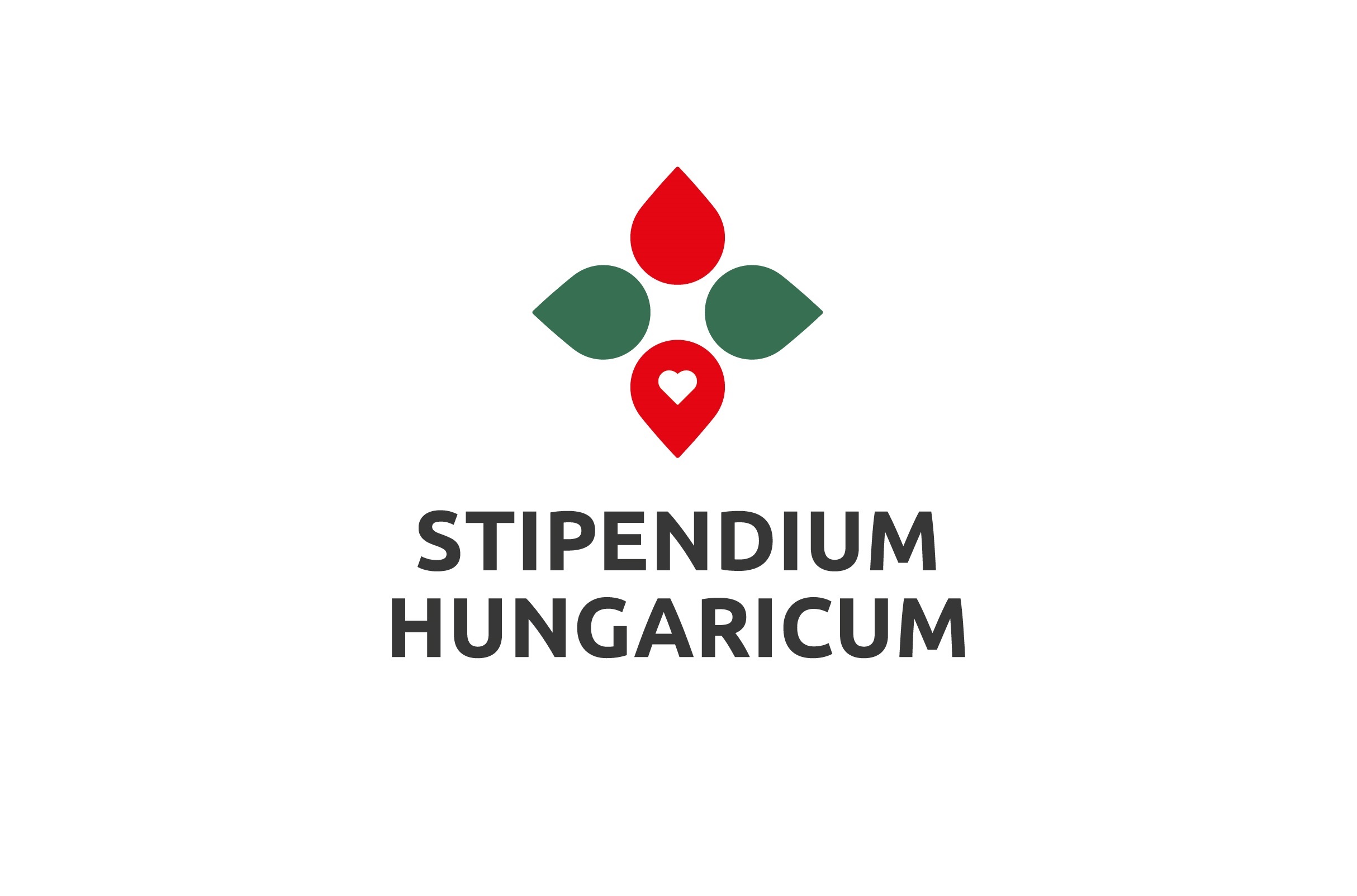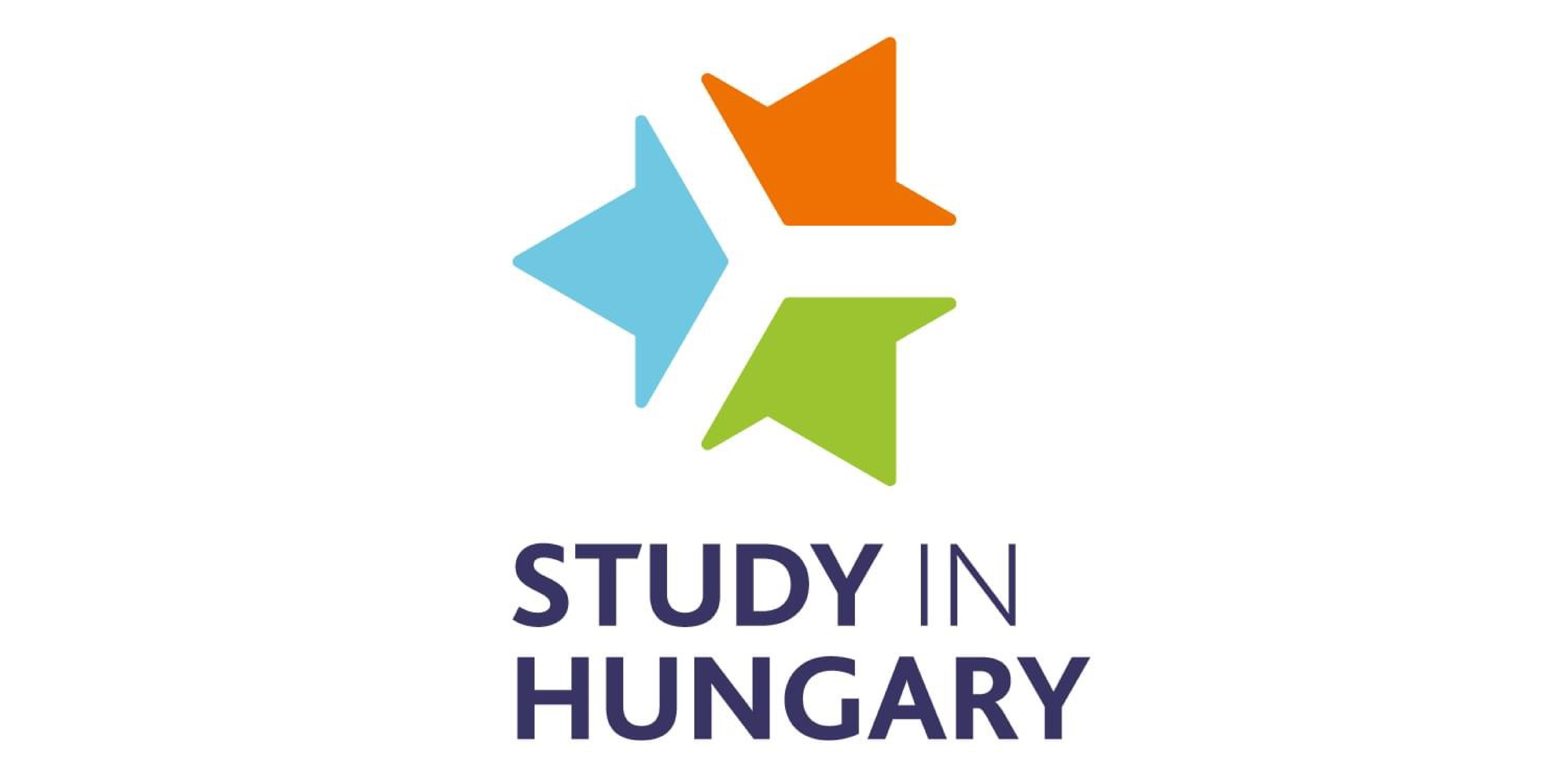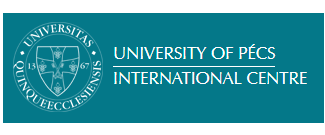Facilities granted to third country family members of EEA member states’ (EU-members, Switzerland, Norway and Iceland) citizens if and when this family member accompanies his/her EEA citizen relative while travelling to the EEA or travels to join him/her in the EEA.
(Family members of Hungarian citizens are not concerned)
Visa Fee: no visa fee
Processing time: accelerated procedure
Supporting documents
Documents proving that:
- there is an EU citizen from whom the visa applicant can derive any rights;
- the visa applicant is a family member (e.g. a marriage certificate, birth certificate, proof of dependency, serious health grounds) and identity (passport);
- the visa applicant accompanies or joins an EU citizen (e.g. a proof that the EU citizen already resides in the host Member State or a confirmation that the EU citizen will travel to the host Member State).
The applicant must be able to provide documentary evidence foreseen above as he must be able to present evidence to support his claim. If he fails to provide such evidence, the consulate can conclude that the applicant is not entitled to the specific treatment.
Additional documents may not be required regarding the purpose of travel and means of
subsistence (e.g. proof of accommodation, proof of cost of travelling),which is reflected in
the exemption for family members of EU citizens from filling in the following fields of the
visa application form:
Field 19: "current occupation";
Field 20:"employer and employer's address and telephone number. For students, name and
address of educational establishment";
Field 31: "surname and first name of the inviting person(s) in the Member State(s). If not
applicable, name of hotel(s) or temporary accommodation(s) in the Member State(s);
Field 32: "Name and address of inviting company/organisation";
Field 33: "Cost of travelling and living during the applicant's stay".
A Member State may require that the relevant documents are translated, notarised or legalised
where the original document is drawn up in a language that is not understood by the
authorities of the Member State concerned or if there are doubts as to the authenticity of the
document.




